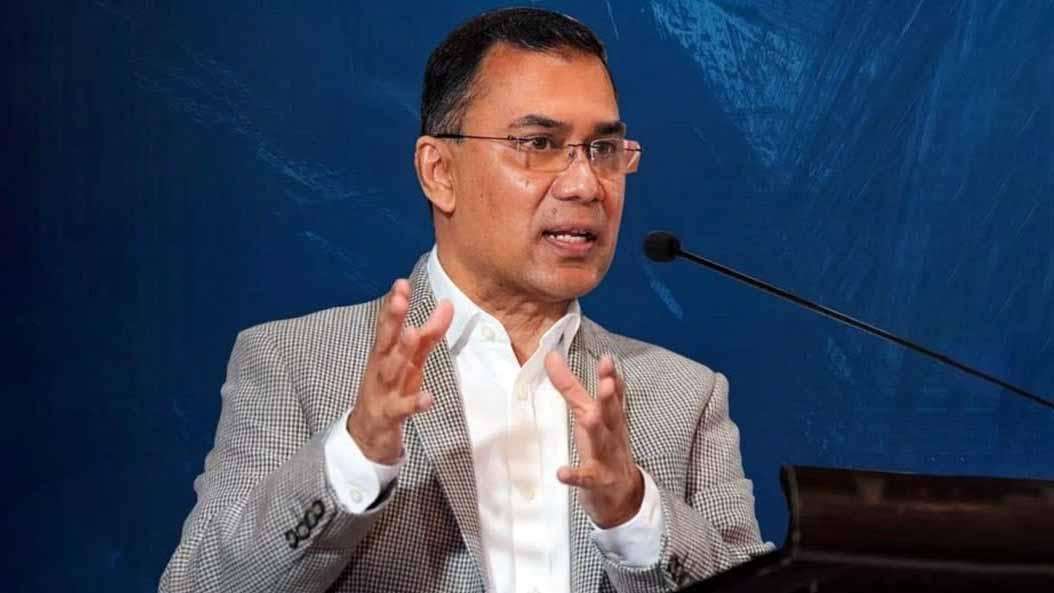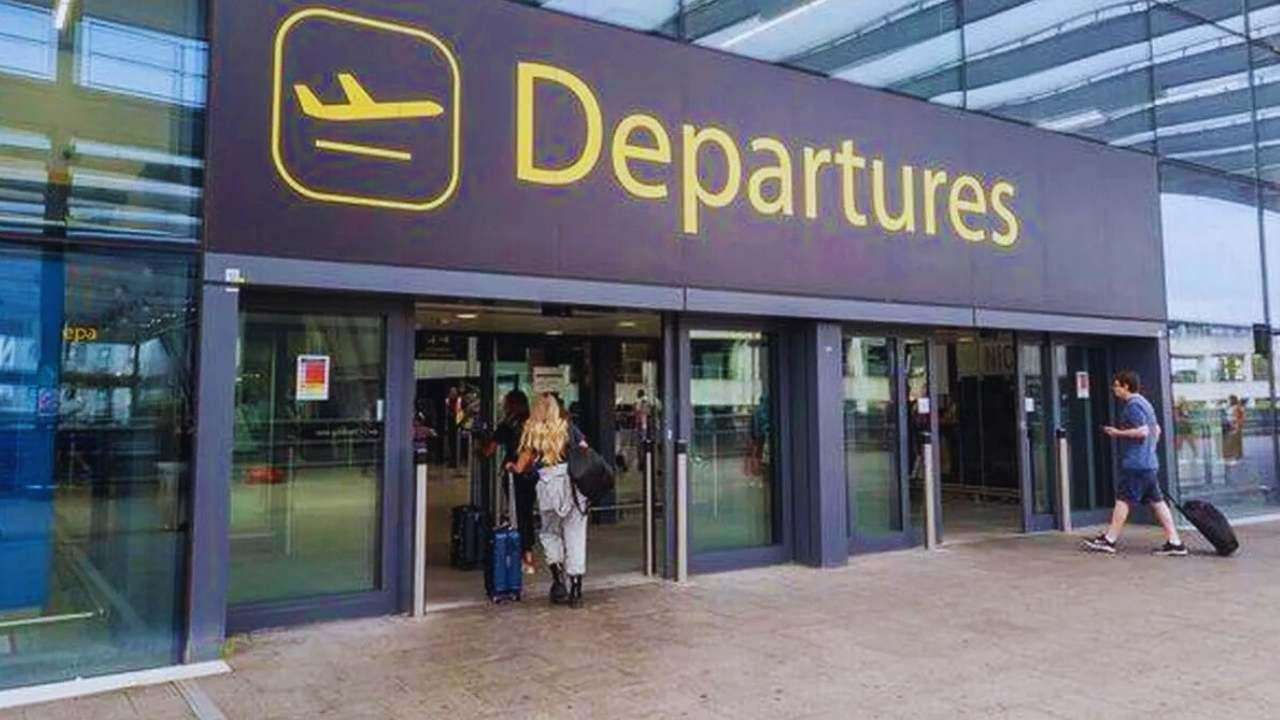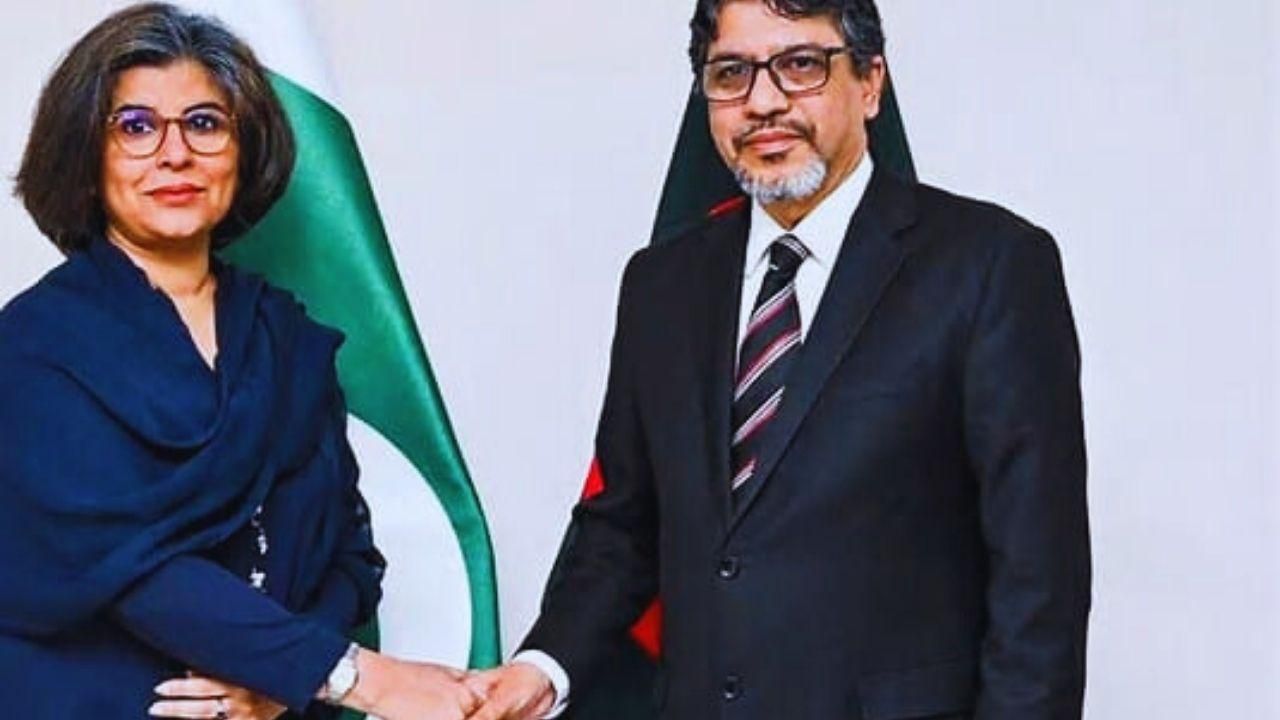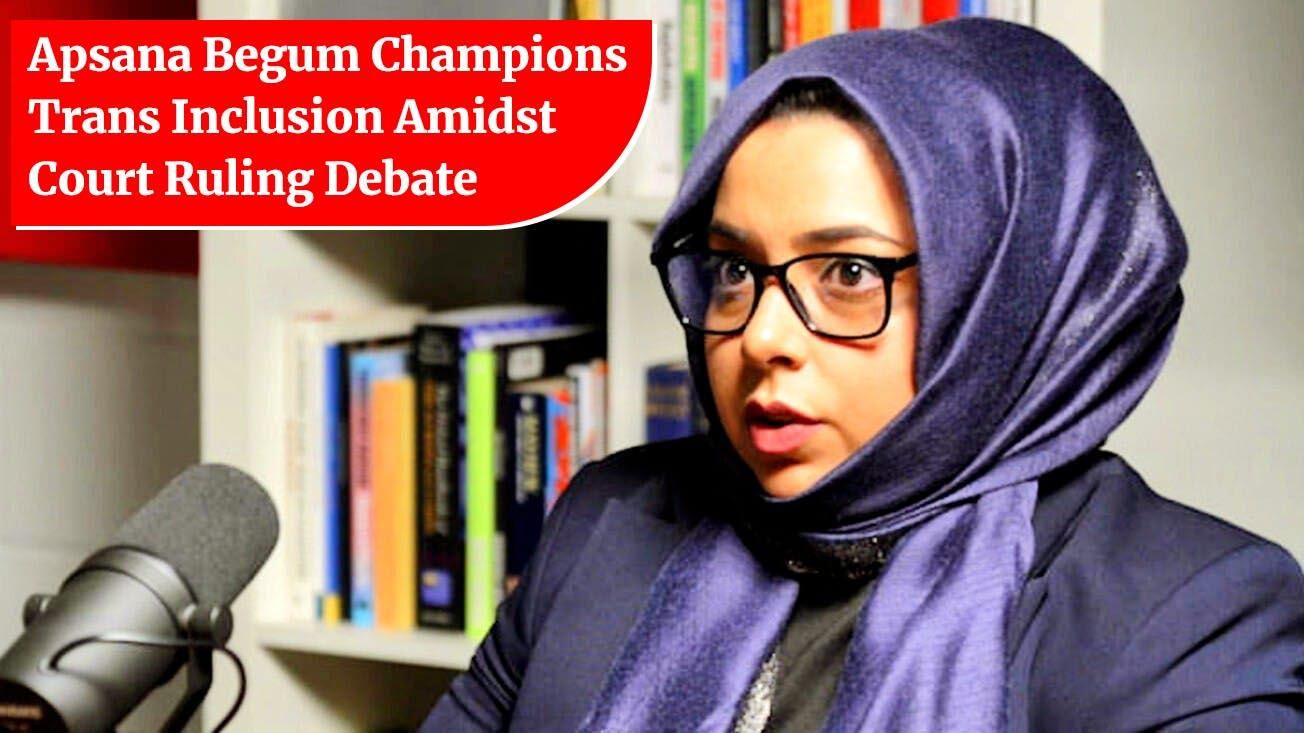Bangladesh has formally demanded an apology from Pakistan for the atrocities committed during the 1971 war of independence, as the two nations resumed diplomatic talks for the first time in 15 years. The meeting took place in Dhaka on Thursday between foreign ministry officials of both countries, marking a significant step in efforts to mend historically strained relations.
The resumption of dialogue comes under the leadership of Bangladesh’s interim government, headed by Nobel Peace Prize laureate Dr. Muhammad Yunus. The interim administration assumed power following mass protests that led to the fall of former Prime Minister Sheikh Hasina’s government last August. Hasina subsequently fled to India, further complicating regional diplomatic dynamics.
Bangladesh was once part of Pakistan until it declared independence after a brutal nine-month war in 1971. The conflict, supported militarily by India, led to the formation of Bangladesh as a sovereign nation. Dhaka claims that the war resulted in the deaths of approximately three million people and the rape of around 200,000 women by the Pakistani military. These allegations have long been denied by Pakistan, which has yet to issue an official apology for the events.
During Thursday’s meeting, Bangladesh’s Foreign Secretary Jashim Uddin brought up several long-standing issues, including the demand for a formal and public apology from Pakistan. He stressed that these unresolved matters remain obstacles to establishing a strong and mutually respectful bilateral relationship.
Uddin also pressed Pakistan for the settlement of $4.52 billion that Bangladesh claims as its rightful share of pre-1971 assets. These include foreign aid allocations, unpaid provident funds, savings instruments, and a notable $200 million contributed by international donors to aid victims of the devastating 1970 cyclone, which killed an estimated 300,000 to 500,000 people.
“These issues need to be resolved for having a solid foundation of our relations,” Uddin told reporters, adding that the two countries also discussed ways to enhance trade, agricultural cooperation, and other areas of mutual interest.
Dr. Yunus separately met with Pakistan’s foreign secretary, Amna Baloch, emphasizing the importance of overcoming historical barriers and focusing on forward-looking cooperation. “There are certain hurdles. We have to find ways to overcome those and move forward,” Yunus stated, highlighting the potential for expanding economic and commercial ties.
The last formal diplomatic consultation between the two countries occurred in 2010, during Sheikh Hasina’s tenure following her sweeping election win in 2008. This week’s meeting marks a significant step in efforts to rebuild relations that have been largely dormant for over a decade.
Notably, in February, Bangladesh and Pakistan resumed direct trade after more than 50 years. In a move aimed at strengthening bilateral ties, the interim government in Dhaka also simplified visa procedures for Pakistani citizens. Additionally, it removed the requirement for special clearance for Pakistani heads of mission applying for visas.
However, these developments occur amid a period of escalating tensions between Bangladesh and India. The interim government has publicly criticized India for providing refuge to former Prime Minister Hasina and has formally requested her extradition — a request that has gone unanswered by New Delhi.
In a further blow to bilateral ties, India recently canceled a transshipment facility that allowed Bangladesh to export its garments to third countries via Indian airports and infrastructure. The cancellation is expected to significantly impact Bangladesh’s vital garment sector, which generates about $39 billion annually and makes the country the second-largest exporter of readymade garments globally, behind China. The decision is likely to increase export costs to key markets including the European Union, Nepal, Bhutan, and Myanmar.
Meanwhile, mutual accusations between India and Bangladesh over minority rights violations have intensified, further fueling the diplomatic strain.
Despite these challenges, Bangladesh’s interim government appears committed to charting a new course in foreign relations, focusing on regional cooperation and economic development—starting with a renewed engagement with Pakistan after decades of mistrust and historical pain.








.svg)



